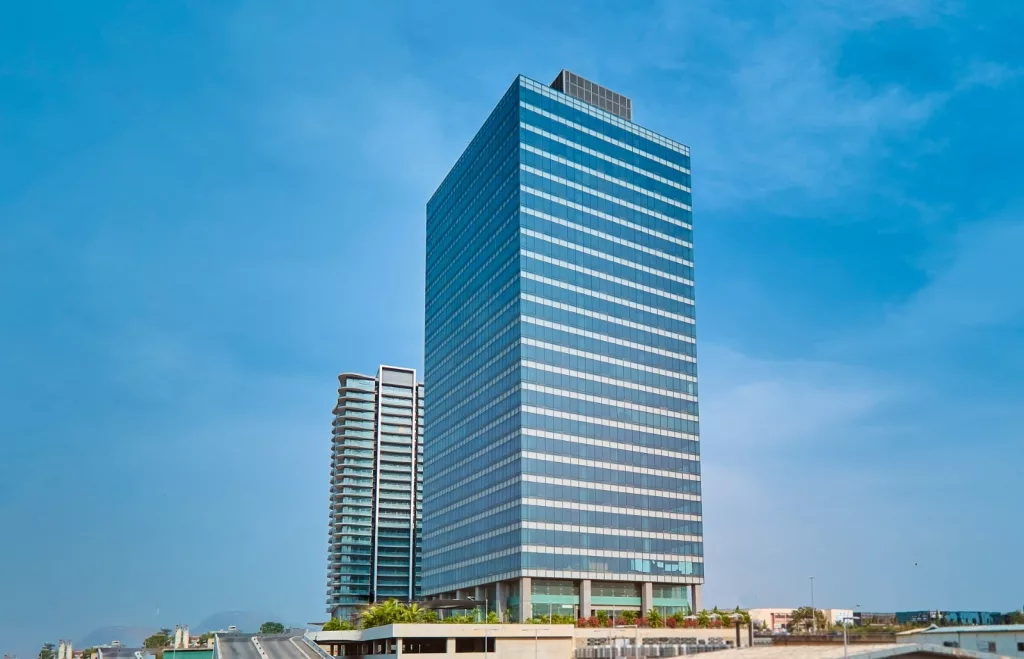Ajadi Visa Denial: Reviewing U.S. Policies

Ajadi Visa Denial: A Call for Review Amid Tightened U.S. Policies
Estimated Reading Time: 6 minutes
Key Takeaways
- The Ajadi couple's visa applications were denied under Section 214(b) of the INA.
- Legal action has been initiated to review the denied visas.
- U.S. visa policies for Nigerian applicants are becoming stricter.
- The situation reflects a broader trend of reciprocal enforcement between Nigeria and the U.S.
Table of Contents
- Introduction
- Understanding Section 214(b) and Visa Denials
- The Legal Response to the Visa Denial
- Broader Context of U.S. Visa Policies for Nigerians
- Conclusion
- Frequently Asked Questions (FAQs)
1. Introduction
The Ajadi couple's recent visa applications to the United States were denied under Section 214(b) of the Immigration and Nationality Act (INA). This section presumes that certain applicants may not intend to return to their home country after a temporary visit to the U.S. Despite the couple's diligent efforts to secure their visas, their applications met with refusal on August 4, 2025. This highlights a significant issue within U.S. immigration policy, especially as it pertains to Nigerian applicants.
Ajadi’s legal team is now taking action, formally contacting the U.S. Embassy in Nigeria to demand a review of the visa denials. Their situation reflects the increased scrutiny and tightening of visa policies faced by many Nigerians seeking to travel to the U.S.
2. Understanding Section 214(b) and Visa Denials
What is Section 214(b)?
Section 214(b) of the INA often serves as a basis for visa denials. It requires applicants to demonstrate strong ties to their home country that would ensure their return after a temporary stay in the U.S. Here’s a closer examination of this section:
-
Presumption of Intent: Under Section 214(b), there is a presumption that visa applicants may not plan to return to their home country. The burden of proof falls squarely on the applicants to overcome this presumption.
-
Demonstrating Ties: Strong ties can include:
- Employment
- Property ownership
- Family connections
-
Visa Interview Process: Applicants need to provide clear evidence during the visa interview that they have the motivation to return home after their visit. Failure to convince the consular officer can lead to visa refusals. More details can be found at State Department's Visa Denials.
Regardless of individual circumstances, this section demonstrates the significant challenges many face in securing non-immigrant visas to the U.S.
3. The Legal Response to the Visa Denial
Ajadi's Legal Strategy
In response to the visa denial, the Ajadi couple's legal team has taken action. Their strategy includes several key components:
-
Formal Letter to the U.S. Embassy: The legal team has officially requested a review of the visa denials.
-
Seeking Reconsideration: Although there is no direct appeal process for visa denials, certain legal pathways exist. These include:
- Engaging in inquiries with the embassy
- Seeking congressional intervention if warranted
-
Importance of Legal Representation: Having legal representation can amplify the chances of a favorable outcome. Advocacy and proper documentation can prove crucial in navigating through this complex scenario.
The urgency of this case highlights the challenges faced by many applicants and the necessary steps to garner attention from immigration authorities. More information on how to approach visa denials can be found here: Law and Border.
4. Broader Context of U.S. Visa Policies for Nigerians
Recent Developments in Visa Policies
The Ajadi case doesn't exist in isolation; it reflects broader changes in U.S. visa policies for Nigerian applicants. Here are some notable trends:
-
Reciprocal Visa Policy Changes: Since July 8, 2025, the U.S. Department of State has implemented new policies affecting Nigerian visa applicants, which include:
- Most non-immigrant visas are now single-entry with a three-month validity period, aimed at reducing visa overstays and enhancing security. More details can be found at Revised Visa Policy for Nigeria.
-
Increased Social Media Scrutiny: Nigerian visa applicants are now required to disclose detailed social media information for the past five years. Not providing complete information can lead to application denials and future ineligibility. Additional insights are available at Nigerian Government's Visa Policy.
-
Stricter Consular Procedures: The U.S. Consulate in Lagos has introduced more rigorous consular procedures. They require multiple in-person visits before visa interviews, coupled with stringent security protocols. These changes are impacting the overall experience for Nigerian applicants, making it more difficult to obtain visas. For more on these consular changes, visit U.S. Consulate Lagos.
Such developments illustrate a broader trend of increasing scrutiny for Nigerian applicants and shine a spotlight on the pressing need for clarity and empathy in the visa application process.
5. Conclusion
The Ajadi couple's struggle against their visa denial sheds light on the complex and often daunting landscape of U.S. immigration policy as it pertains to Nigerian applicants. Their legal team's request for a review highlights pressing concerns regarding Section 214(b) and the challenges faced by many Nigerians seeking non-immigrant travel to the United States.
With tightening visa policies that emphasize scrutiny, it becomes crucial to understand the implications for current and future visa applicants. As these developments unfold, ongoing dialogue and advocacy may be essential in ensuring a fairer process that accommodates the rights and aspirations of applicants from Nigeria and beyond.
6. Frequently Asked Questions (FAQs)
Q1: What is Section 214(b)?
A1: Section 214(b) of the Immigration and Nationality Act presumes that visa applicants might not return to their home country after visiting the U.S. Applicants must demonstrate strong ties to their home country to overcome this presumption.
Q2: Is there an appeal process for denied visas?
A2: There is no direct appeal process for visa denials. However, applicants can seek reconsideration through inquiries with the embassy or congressional intervention.
Q3: What recent changes have been made to U.S. visa policies for Nigerians?
A3: Recent changes include a new reciprocal visa policy limiting most non-immigrant visas to single-entry with a three-month validity period, as well as requirements for detailed social media disclosures.
Q4: How can I improve my chances of obtaining a visa?
A4: To improve your chances of visa approval, ensure you provide strong evidence of ties to your home country during your visa interview. Proper legal representation can also help in navigating the application process.
For further reading about the Ajadi couple's situation and the legal actions being pursued, see more information at This Day Live Article.











